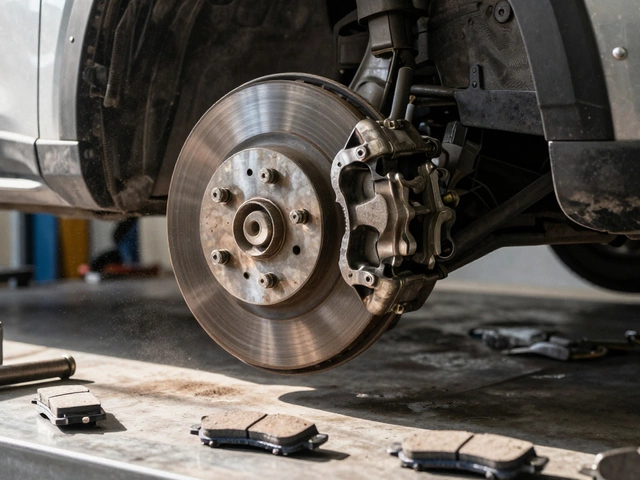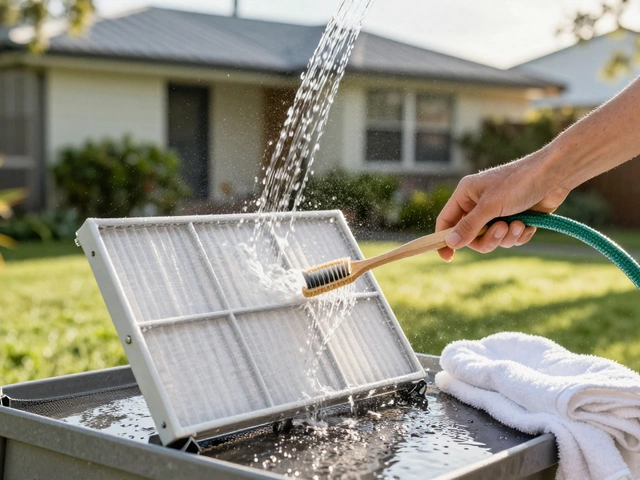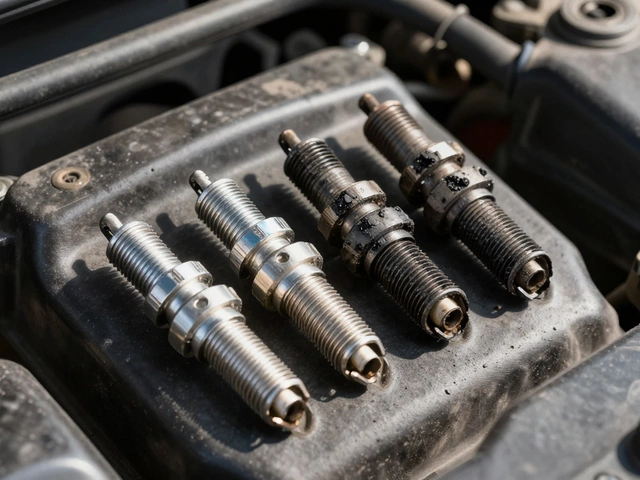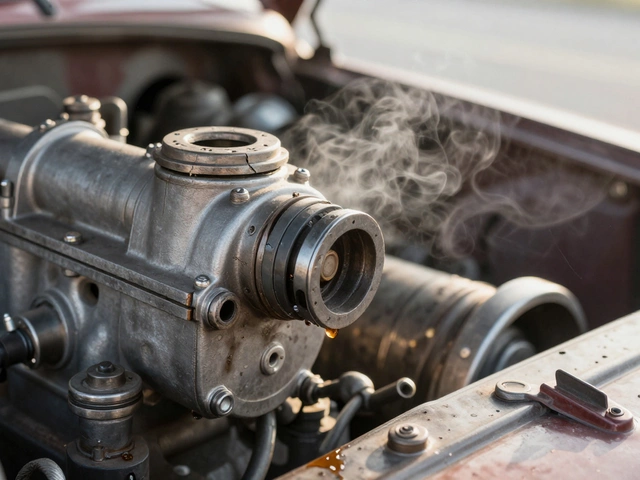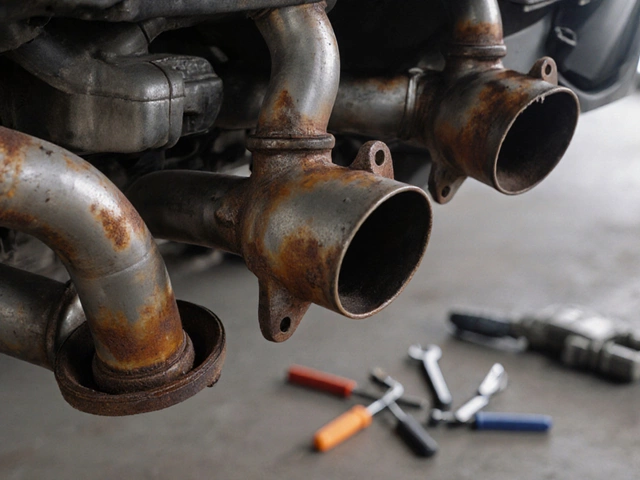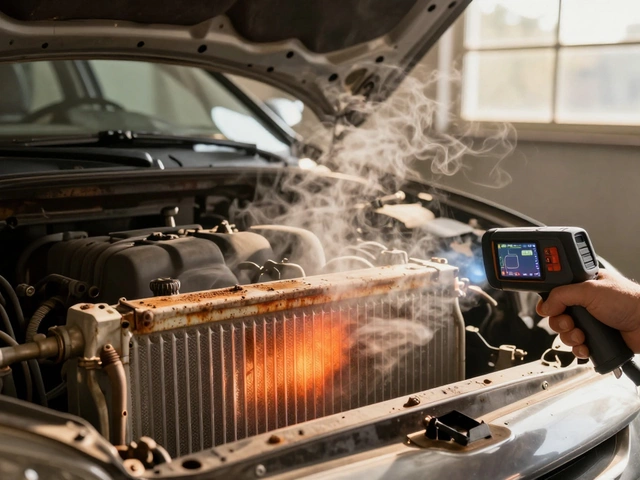Automotive Mods: Real‑World Tips, Costs, and Legal Basics
Thinking about making your ride louder, faster, or just look cooler? You’re not alone. Car owners across the globe spend weekends in their garages, swapping parts and testing new setups. Below you’ll find the most common mods, what they actually cost, and how to stay on the right side of the law.
Popular Mods That Pay Off
Exhaust upgrades top the list. A cat‑back or active‑valve system can add 3–5 dB of sound and a few horsepower. Most DIYers install a 3‑inch pipe for a noticeable boost without breaking the bank. Remember, bigger isn’t always better – too much back‑pressure can hurt torque.
Brake upgrades are another smart spend. Swapping cheap pads for ceramic or semi‑metallic options gives better bite and less fade. If you hear a high‑pitched squeal or feel vibration, it might be time to check the rotors. Re‑machining rotors or buying a set can save you $200‑$400 versus a full replacement.
Alloy wheels look great, but they’re often pricier than steel. A set of 16‑inch alloys might run $800‑$1,200, and you’ll still need new tires. If you love the style, factor in the extra cost of balancing and potential curb damage.
Suspension tweaks like swapping to a MacPherson strut or adding adjustable coil‑overs can tighten handling. Spotting a bent suspension early—uneven tire wear, pulling to one side—helps avoid expensive repairs later.
Battery replacement isn’t flashy, but a correctly sized battery improves start‑up reliability and can handle modern electronics better. Check cranking amps and group size before buying.
How to Keep Mods Legal & Safe
Noise limits matter. In most regions a street‑legal exhaust must stay below 80–85 dB measured at the passenger window. Use a handheld dB meter or visit a local shop for a quick test after installation.
If you’re swapping wiper blades, stay within the manufacturer’s size recommendation. A 17‑inch blade on a 16‑inch arm may scrape the windshield and cause fines in some areas.
Radiator work is another gray zone. Replacing a radiator yourself can save $150‑$300, but you must reinstall all clamps and hoses correctly. A leak can quickly turn into engine overheating, which leads to costly head‑gasket repairs.
Before you delete a muffler or install a loud pipe, check local emission and noise ordinances. Some cities treat muffler deletes as a violation, resulting in tickets or failed inspections.
Finally, keep receipts and document the work. If you ever sell the car, a well‑kept service log shows buyers you’ve done everything by the book, helping retain resale value.
Bottom line: Choose mods that match your budget, driving style, and local rules. Start small—swap a cat‑back exhaust, upgrade pads, or change the battery—then move to bigger projects as you get comfortable. Your car will feel fresher, and you’ll avoid nasty surprises at the shop or on the road.

Do Upgraded Clutches Really Make Cars Faster? Expert Insights and Real-World Data
Explore if upgrading your car's clutch can actually make it faster. Get real facts, insightful tips, and honest advice to guide your automotive mods.
CONTINUE READING